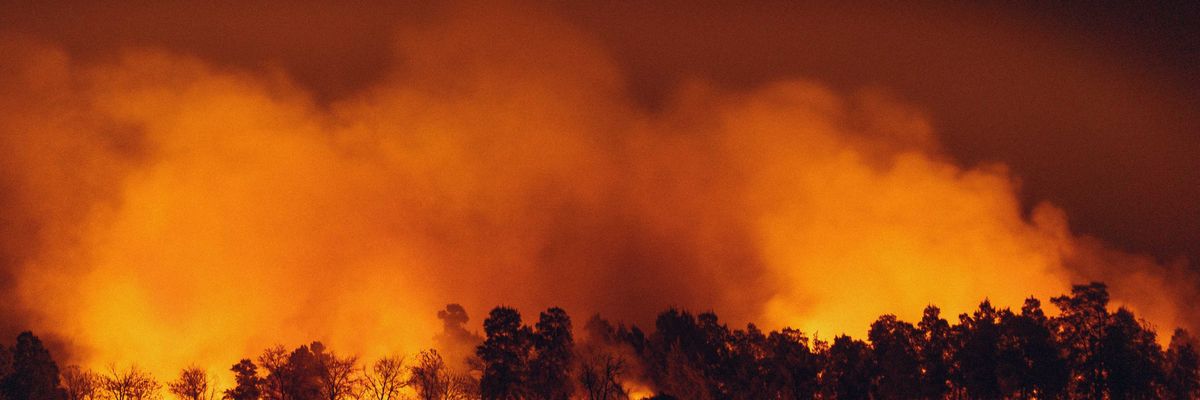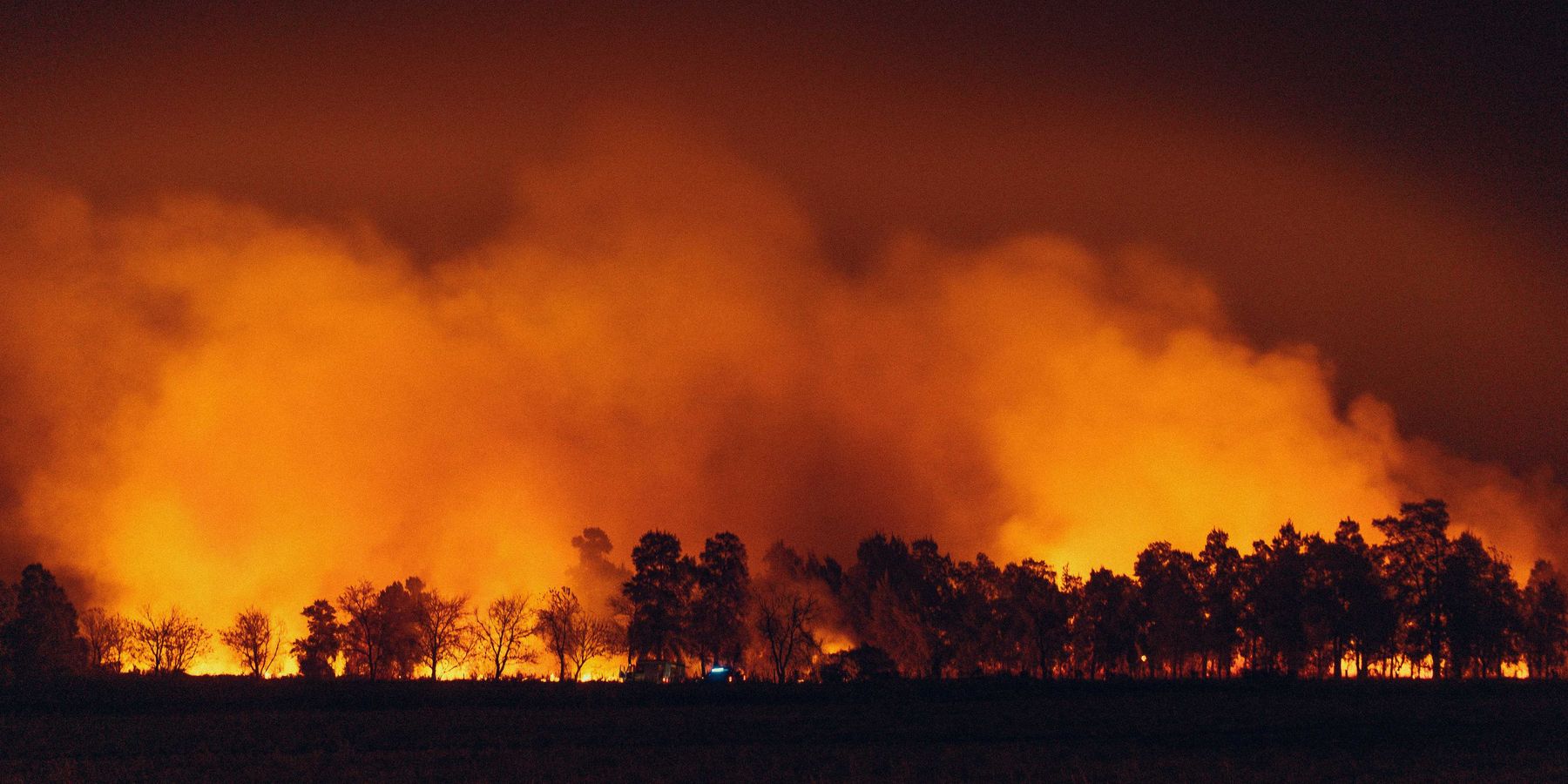contaminationandpeople
Fracking industry distorts science to deceive public and policymakers, says watchdog group.
DUPE LAURA POSTED EARLY THIS AM The oil and gas industry sponsors and spins research to shape the scientific debate over horizontal hydraulic fracturing, or fracking.
The oil and gas industry sponsors and spins research to shape the scientific debate over horizontal hydraulic fracturing, or fracking. That's the conclusion of a watchdog group's analysis of more than 130 documents distributed to policymakers by industry representatives.
"Research and statistics can be manipulated to say whatever the person using them wants to say," said Robert Galbraith, an analyst with the nonprofit Public Accountability Initiative and co-author of the report released on Wednesday. Public Accountability Initiative, which describes itself as a non-partisan advocate of corporate and government transparency, receives some financial support from groups opposed to fracking.
Energy in Depth, the oil and gas industry's education and public outreach arm, presents its list of documents as evidence of the safety of a process that has been "closely regulated and extensively studied." The industry used the documents to persuade the Allegheny County Council in Pittsburgh in May to lease mineral rights under its Deer Lakes Park for gas drilling.
Public Accountability Initiative's analysis determined that only one of the industry studies was both peer-reviewed and explicitly addressed public health concerns. That study was funded by the industry. Also on the industry's research list: retracted studies, industry PowerPoint presentations and blog posts. Omitted were hundreds of peer-reviewed scientific studies of fracking and potential impacts to the environment and public health.
The oil and gas industry group responded to the Public Accountability Initiative accusations with an attack, alleging that fracking opponents are responsible for their own share of deceit, denial and deflection in trying to align research with their arguments.
"This report comes just weeks after [Energy in Depth] revealed that a research paper touted as peer-reviewed science -- and used to justify New York's ban on shale gas development -- was actually written and peer-reviewed by anti-fracking activists," Katie Brown, a spokeswoman for Energy in Depth, told The Huffington Post.
So, who are the real liars and cheats?
Teasing out the truth isn't easy for policymakers or the public. In fact, it's a predicament common to a range of public health issues going back more than 100 years. Experts noted that a small but vocal number of scientists as well as some industry groups continue to borrow from a playbook first drafted by lead paint manufacturers in the early 20th century and expanded by Big Tobacco in subsequent decades. The tactics are chock full of legal and public relations tactics designed to preserve profitability, they say.
As HuffPost reported Wednesday, manipulated science can pose serious public health harms. Manufactured data, concealed conflicts of interest and misleading conclusions are evident in influential research on vaccination, organic food, secondhand smoke and industrial chemicals.
Fracking apparently is no exception.
Miriam Rotkin-Ellman, a scientist with the Natural Resources Defense Council, highlighted a 2013 industry-funded study that concluded living close to fracking wells did not increase the risk of childhood cancer.
"They used the wrong time interval to be relevant for how long it takes childhood cancers to develop. Of course, they weren't going to find any cancer," said Rotkin-Ellman. She pointed to a rebuttal titled, "Obfuscation Does Not Provide Comfort," later published by two experts in the same journal that contained the original article.
"This is a common symptom of industry-funded science -- a set of conclusions that are not supported by the study as it was done," Rotkin-Ellman added.
Another example of potentially misleading misinformation came in November 2014, when University of Colorado researchers published a paper outlining a technique to trace a subset of the components in fracking fluid so groundwater contamination could be identified in the future. They did not actually test for toxicity. But the title of the institution's press release declared, "Major class of fracking chemicals no more toxic than common household substances." Media coverage followed the lead, and Energy in Depth declared that the research supported fracking as a safe technology.
fracking chemicals
A study held up by the New York state health commissioner on Dec. 17, as the state announced its decision to ban shale gas development due to potential public health risks, has sparked controversy as well. The industry called the work a "violation" of the ethics of scientific research.
The "anti-fracking activists" behind the writing and reviewing of the study, said Energy in Depth's Brown, "concealed their bias from the scientific community and the general public."
In a statement to HuffPost, the co-founders of Concerned Health Professions of New York, Dr. Kathleen Nolan and Dr. Sheila Bushkin-Bediant, defended the study. They noted that the reviewers had no financial conflicts of interest to disclose. Further, their names -- as well as their reviews -- were publicly available with the report, as were the affiliations of some of the study authors with "non-profit organizations whose mission is to reduce exposure to toxic chemicals."
The "real focus of this discussion," Nolan and Bushkin-Bediant added, should be on a library of 447 peer-reviewed studies created by Anthony Ingraffea, a professor of civil and environmental engineering at Cornell University, and the non-profit Physicians Scientists & Engineers for Healthy Energy.
Infraffea said the fact that there's "very little overlap" between his library of studies and Energy in Depth's list "screams that something is wrong here."
Ingraffea and his team published a report in January that analyzed the subset of scientific papers addressing environmental and public health impacts of shale gas production. They concluded that the "majority of studies indicated negative impacts."
Energy in Depth's "hollow attempt to discredit one of those 447 peer-reviewed studies is clearly an effort to distract and deflect from the significant weight of evidence showing health and other serious impacts of drilling and fracking," Nolan and Buskin-Bedient said.
Overall, the Public Accountability Initiative report found only 10 of Energy in Depth's highlighted studies had been both peer-reviewed and void of industry ties. And with many of those 10, said Galbraith, it was a stretch to say the research even addressed the possible impacts of fracking.
One of the studies, for example, was a survey of trace elements conducted in the 1990s and early 2000s, before the shale gas boom had begun.
"This shows how important it is to have a full picture," said Galbraith. "Where is your information coming from? What does it really say?"
Energy in Depth's Brown told HuffPost that the list Public Accountability Initiative attacks "is in no way exhaustive." When asked if the industry group had a more exhaustive list to point to, Brown replied, "Ah, we don't at the moment."
Colorado fracking fluid spill is cleaned up, company says.
DUPE. BTI. PDC Energy workers at the site of an 84,000-gallon spill of greenish fracking fluid on Thursday said they had cleaned up. No access was allowed. Trucks hauled away a yellow dirt-moving machine and other equipment. There were no state inspectors at the site.
PDC Energy workers at the site of an 84,000-gallon spill of greenish, oil-laden fracking fluid on Thursday said they had pretty much cleaned up the mess.
No access was allowed. Trucks hauled away a yellow dirt-moving machine and other equipment. There were no state inspectors at the site.
"The location is, I believe, cleaned up," PDC vice president Bart Brookman said by phone, en route to Grand Junction. Denver-based PDC operates about 2,500 wells in the Watterberg formation along the Front Range.
Colorado Oil and Gas Conservation Commission regulators "are continuing to monitor the cleanup," state spokesman Todd Hartman said. "Rest assured we will be physically engaged — present — at the site."
The spill this week ranked 55th in volume out of 5,177 spills recorded in a COGCC database.
The state records show that PDC has reported a dozen spills over the past year, including six in 2013. None released as much fluid as the spill that started after a mechanical failure Monday morning. Water fouled with oil and chemicals used in hydraulic fracturing sprayed from the well about 4 miles north of Windsor for more than 30 hours.
A Jan. 22 spill released 2,880 gallons of oil, contaminating groundwater with benzene, toluene and xylene chemicals.
PDC was last fined in 2008, for improper practices in Yuma County. The company paid $6,000.
Oil and gas companies expanding operations around Colorado
have reported more than 2,000 spills over the past five years, with roughly 17 percent contaminating groundwater. Fracking wastewater frequently is listed among substances spilled into soil and water.
Some spills that PDC reported were identified as "historic" — presumably caused by previous well operators.
"PDC in some or many cases is discovering historic issues, reporting them, and remediating them, as is required by our regulations," Hartman said. "We consider that the action of a good operator, not a bad one."
The liquid spilled near Windsor did not appear to reach surface streams or ponds. No determination had been made on whether the chemicals contaminated groundwater.
The well is just outside Windsor's town limits but is inside its "growth management area," where 452 wells are located. There are 232 wells within town limits.
Town Manager Kelly Arnold said no other spills have been reported near Windsor.
"We've got a good relationship with the industry. We've worked with them hard," Arnold said. "We don't know this company."
Town leaders and residents, he said, "believe that companies need to be doing their business correctly."
Windsor recently applied for an $800,000 grant from severance-tax revenues — collected from energy companies by the state — to finance a new municipal water-storage tank needed for public safety and to help residents endure drought.
Bruce Finley: 303-954-1700, twitter.com/finleybruce or bfinley@denverpost.com









